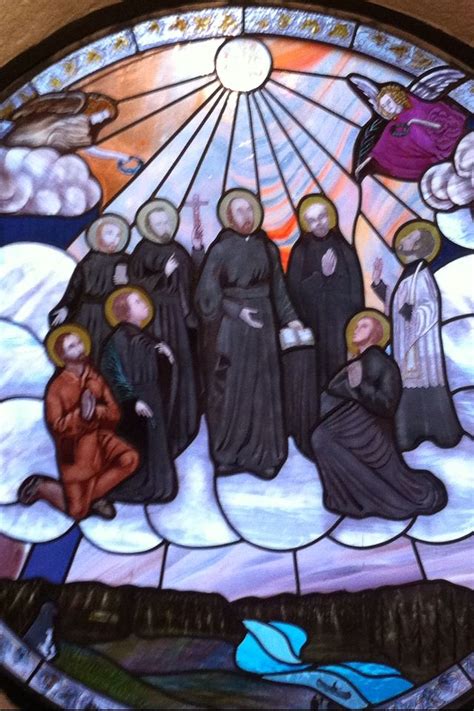A Quote by Marcus Tullius Cicero
Related Quotes
France will never forget the men who agreed to make the supreme sacrifice to liberate our soil, our country, our continent from the yoke of Nazi barbarity. It will never forget what it owes America, our eternal friend. Our two peoples have stood shoulder-to-shoulder in the brotherhood of blood spilled.
Time will pass, and we shall go away for ever, and we shall be forgotten, our faces will be forgotten, our voices, and how many there were of us; but our sufferings will pass into joy for those who will live after us, happiness and peace will be established upon earth, and they will remember kindly and bless those who have lived before.
I have a hunch that our obsession with photography arises from an unspoken pessimism; it is our nature to believe the good things will not last. . . But photos provide a false sense of security> like our flawed memory, they are guaranteed to fade. . . . We take photographs in order to remember, but it is in the nature of a photograph to forget (pg 157)












































